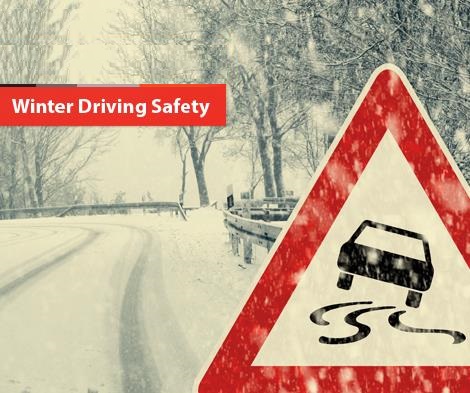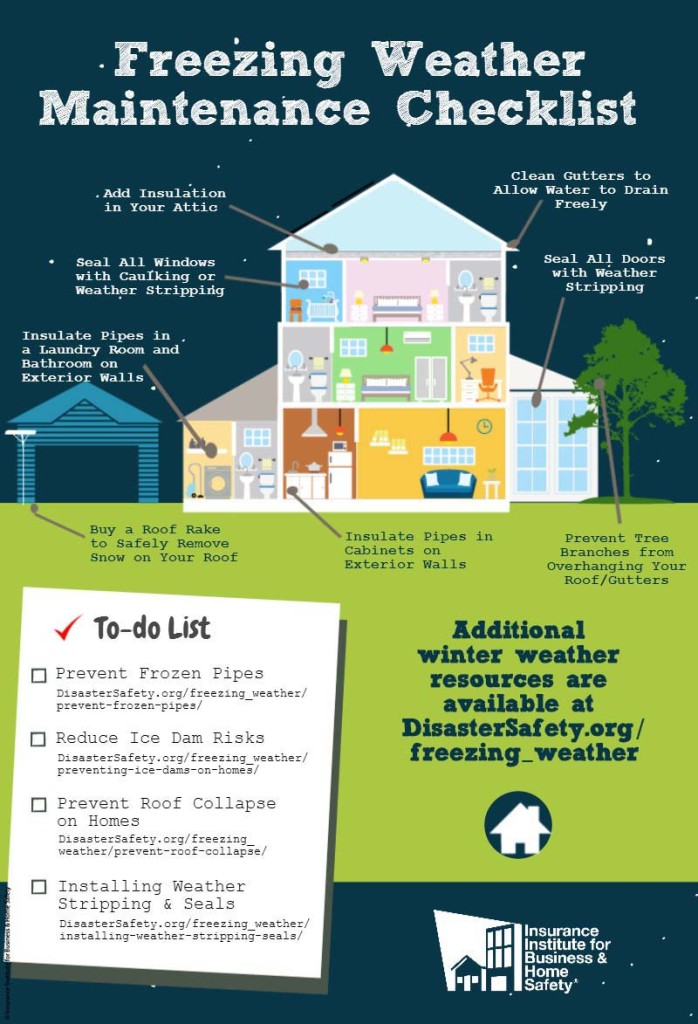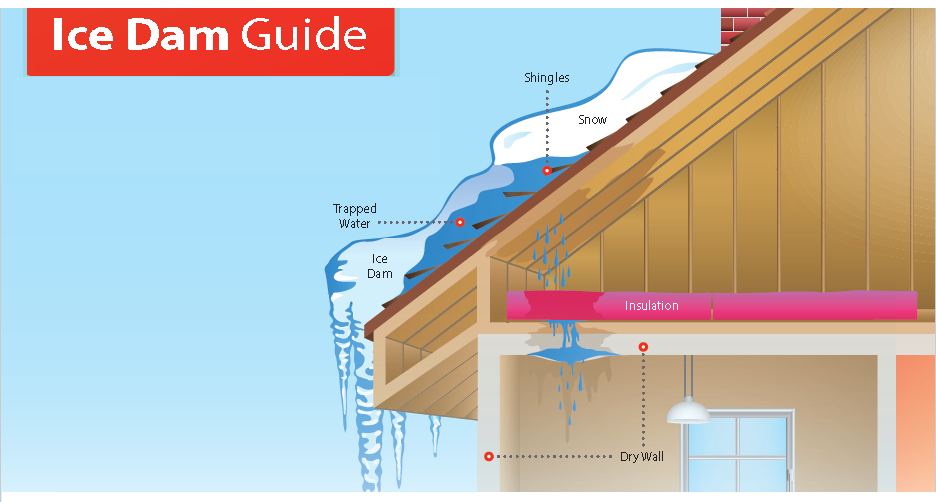Snow makes any commute harder, but the best way to stay safe on the road while it’s snowing is to avoid driving altogether. However, if you can’t stay home until the plows have cleared the roads, we urge you to take a minute and refresh your memory with these following safety tips:
- Clear snow and ice from all windows and lights. It’s not just good sense, it’s also safe and the law.
- Remember to warm your car up but only do so after you've made sure the tailpipe is clear. Never leave the vehicle unattended.
- Know the current road conditions. Tune in to current local traffic reports before leaving home.
- Pay attention. Remember that the posted speed limits are for dry pavement.
- Leave plenty of room for stopping. Roads may be slippery, even if crews have spread salt.
- Use brakes carefully. Break early, brake correctly. It takes more time and distance to stop in adverse conditions.
- Watch for slippery bridge decks. Even when the rest of the pavement is in good condition. Bridge decks will ice up sooner.
- Don’t use your cruise control in wintry conditions. Remain in control of your car — you don’t want any surprises.
- Don’t get overconfident in your 4×4 vehicle. Remember that your four-wheel drive vehicle may help you get going quicker than other vehicles but it won’t help you stop any faster!
- Don’t pump anti-lock brakes. If your car is equipped with anti-lock brakes, do not pump brakes in attempting to stop. The right way is to “stomp and steer!”
- Remember that trucks are heavier than cars. Trucks take longer to safely respond and come to a complete stop, so avoid cutting quickly in front of them
- Go slow!
For more on keeping safe on the road or what to do before you head out. Keep reading!!







